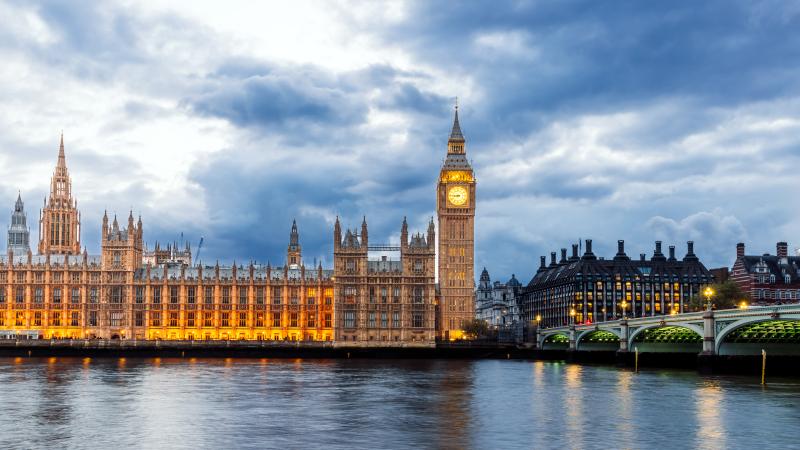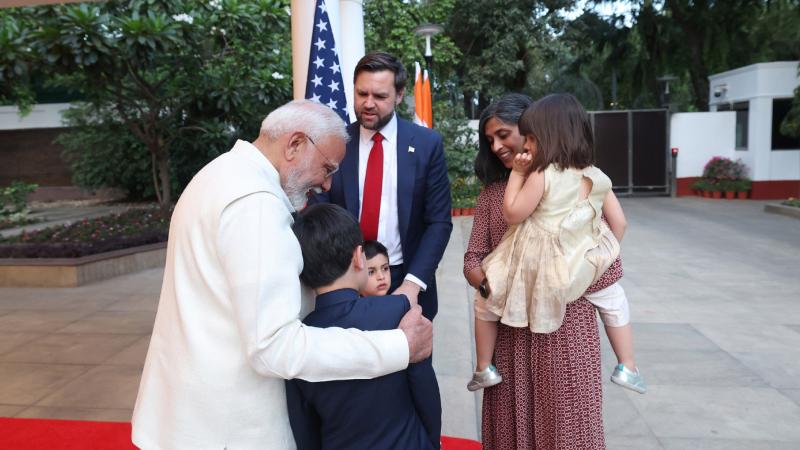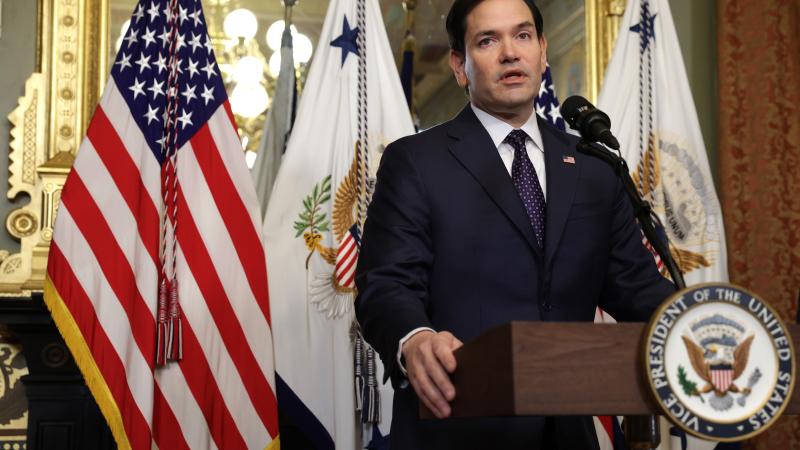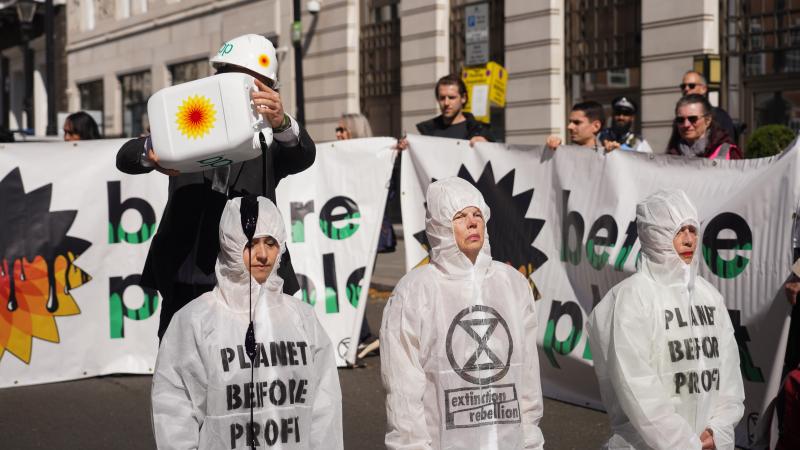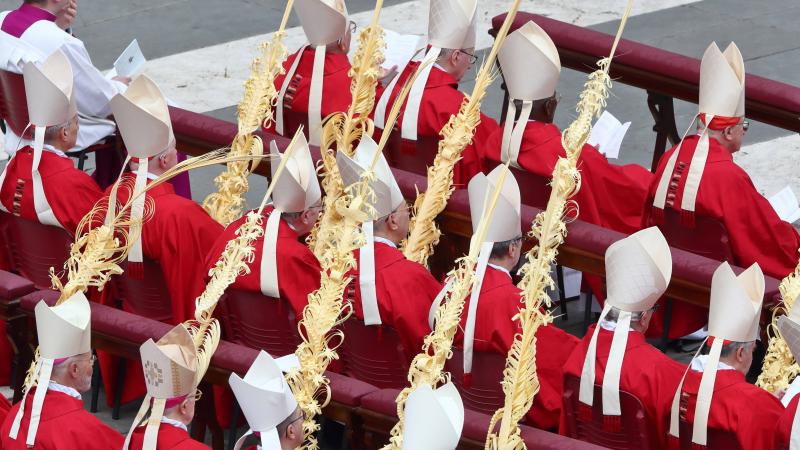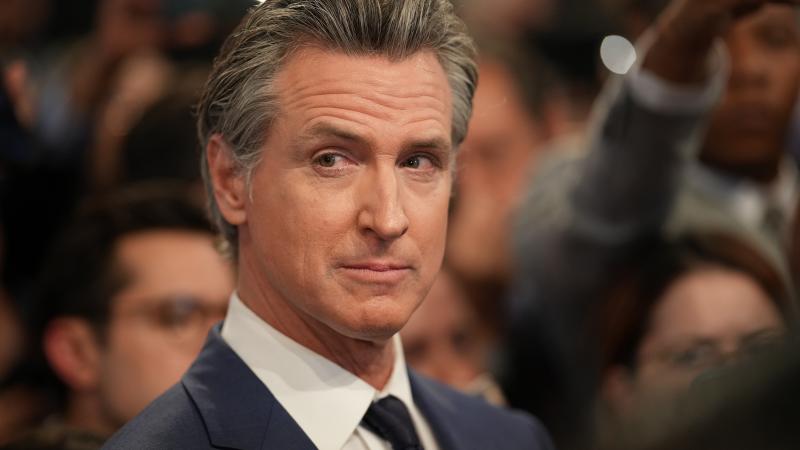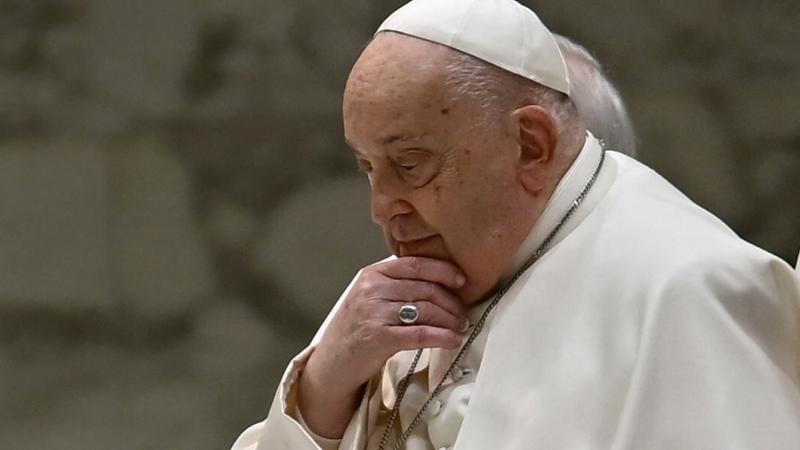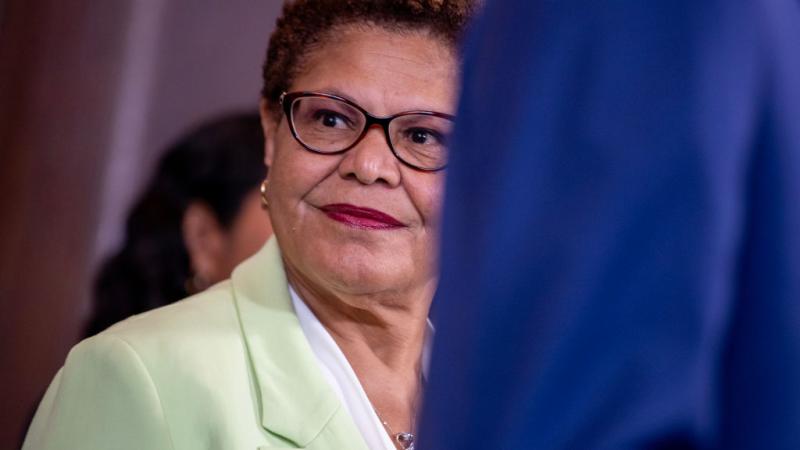Biden touts diplomacy, but offers no plan for how he will resolve complex international situations
Vladimir Putin and other world leaders are testing Biden to see how strong he is, according to former DNI John Ratcliffe.
Against a backdrop of increasing international tensions, President Joe Biden faces multipronged tests of the foreign policy measures he pledged to pursue.
"Diplomacy is back at the center of our foreign policy," Biden said at the State Department on Feb. 4 while appearing alongside his freshly installed secretary of state, Antony Blinken.
In the same speech, Biden added: "We are a country that does big things. American diplomacy makes it happen."
Critics have charged, though, that Biden has tapped Obama-era officials, including Blinken, to resume an older approach — one that isn't geared toward current challenges that include a revanchist Iran, a belligerent North Korea, and probes from China and Russia.
In a 2014 memoir, Barack Obama's Defense Secretary Robert Gates wrote that Biden had been "wrong on nearly every major foreign policy and national security issue over the past four decades."
The assessment bodes ill for current affairs and for the future, according to John Ratcliffe, who served as Donald Trump's Director of National Intelligence.
"It's one thing to be wrong when you're a United States senator or the vice president, but he's the president of the United States," Ratcliffe told radio show host Mark Levin in April. "And he's very early on reflecting that he's still making those wrong decisions when it comes to our national security and foreign policy, and foreign leaders see that, and they're taking advantage of it."
Following a much anticipated meeting last week with Putin, small gains emerged as the two leaders agreed to return their ambassadors, who were called home in the spring after Biden tagged Putin for being a "killer." Although the gains at first appeared evenly distributed, Putin emerged with a public relations upper hand when Biden refused to hold a joint post-summit press conference with the Russian president. And, while Biden took hits for losing his temper with a journalist, Putin maintained a cool demeanor under an American reporter's aggressive questioning.
Later, Putin scored what some viewed as a backhanded dig when he told students in effect that Biden isn't as disorganized and bumbling as he appears to be in the media.
Moscow on Thursday added more innuendo, when Russian Deputy Foreign Minister Sergey Ryabkov said that while in Geneva, the U.S. did not try to stand up for its allies "in the collective West."
Putin and others are testing Biden to see how strong he is, Ratcliffe said.
Test points include Iran, which aims to reinstate a nuclear arms deal while a new, hard-line leader prepares to take power in Tehran — and while tensions escalate between Iran and Israel, which recently installed its own new prime minister, former commando Naftali Bennett.
Other long term challenges stem from an aggressive China and from wild card North Korea.
On Friday, state media in Pyongyang reported that leader Kim Jong-un has told his government to prepare for both "dialogue and confrontation" with Washington. Without citing specifics, Kim underscored that his officials should be "fully prepared for confrontation."
The White House responded on Sunday as if the remarks were not a threat, but an opening.
"His comments this week we regard as an interesting signal, and we will wait to see whether they are followed up with any kind of more direct communication to us about a potential path forward," U.S. National Security Adviser Jake Sullivan said during an appearance on ABC News.
Biden has offered few clear roadmaps to how he will manage the evolving international situations, other than to use the language of politics.
Said Biden in his speech at the State Department: "Our administration is ready to take up the mantle and lead once again."

